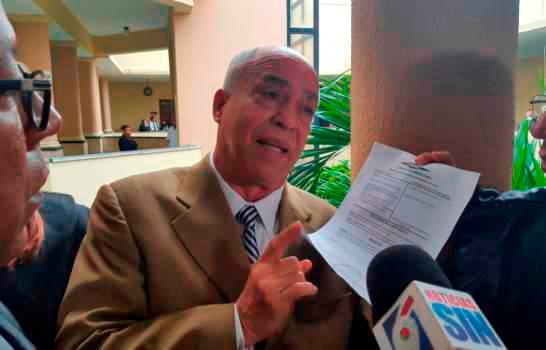The total number of cases corresponds to the accumulated since 1994. The president of the Social Security Bank (BPS), Alfredo Cabrera, said that during 2021 the laboratory carried out 38,500 tests, with an investment of 40 million pesos, which implies 1,200 weights per case. The hierarch stressed that neonatal screening is a State policy that is maintained over time and involves public and private actors.
The head of the BPS participated, this Tuesday 28, in the opening of the Neonatal Screening Update Conference, accompanied by the president of the Uruguayan Post Office, Rafael Navarrine; the General Director of Health, Miguel Asqueta; the director of the Operational Department of the Honorary Commission for the Fight against Tuberculosis and Prevalent Diseases (CHLAEP), Teresa de los Ángeles, and the manager of the BPS Laboratory, Graciela Queiruga, as well as other authorities of that organization.
Cabrera celebrated, in his oratory, that the National Neonatal Screening Program is an initiative that crosses the different administrations. “Together we all achieve a State policy that changes the reality of people, situations and specific families”, he valued. In addition, he mentioned the challenge of reaching the total number of live births, given that there is still 5% of cases not reached.
For his part, Asqueta said that the study allows early detection of non-preventable diseases in their genesis, which facilitates timely diagnosis and adequate treatment. Likewise, he highlighted the coordination between the four state agencies involved, which favors the quality of life of future generations.
Meanwhile, Navarrine pointed out the fact that they work jointly with other organizations and thus benefit the population.
Neonatal screening, also known as “heel prick test”, is a tool that allows, by extracting blood from that area from the newborn, to detect diseases without clinical symptoms at birth. Faced with an abnormal result, the pediatrician indicates other types of confirmatory studies, performs a clinical evaluation and considers starting treatment.
In the Neonatal Screening Laboratory of the BPS, the detection, from blood drops, of congenital hypothyroidism, phenylketonuria, congenital adrenal hyperplasia, cystic fibrosis and medium chain Acyl Co-A dehydrogenase deficiency (MCADD) is mandatory. . Also carried out, in a pilot plan, is the detection of alterations in amino acid metabolism, mitochondrial beta oxidation of fatty acids, organic acidemias and haemoglobinopathies.
This national program allows coordination between the Ministry of Public Health, health providers, the Uruguayan Post Office, BPS, and CHLAEP.
The conference took place in the Mario Benedetti auditorium of the Antel Telecommunications Tower, within the framework of the International Research Day.







